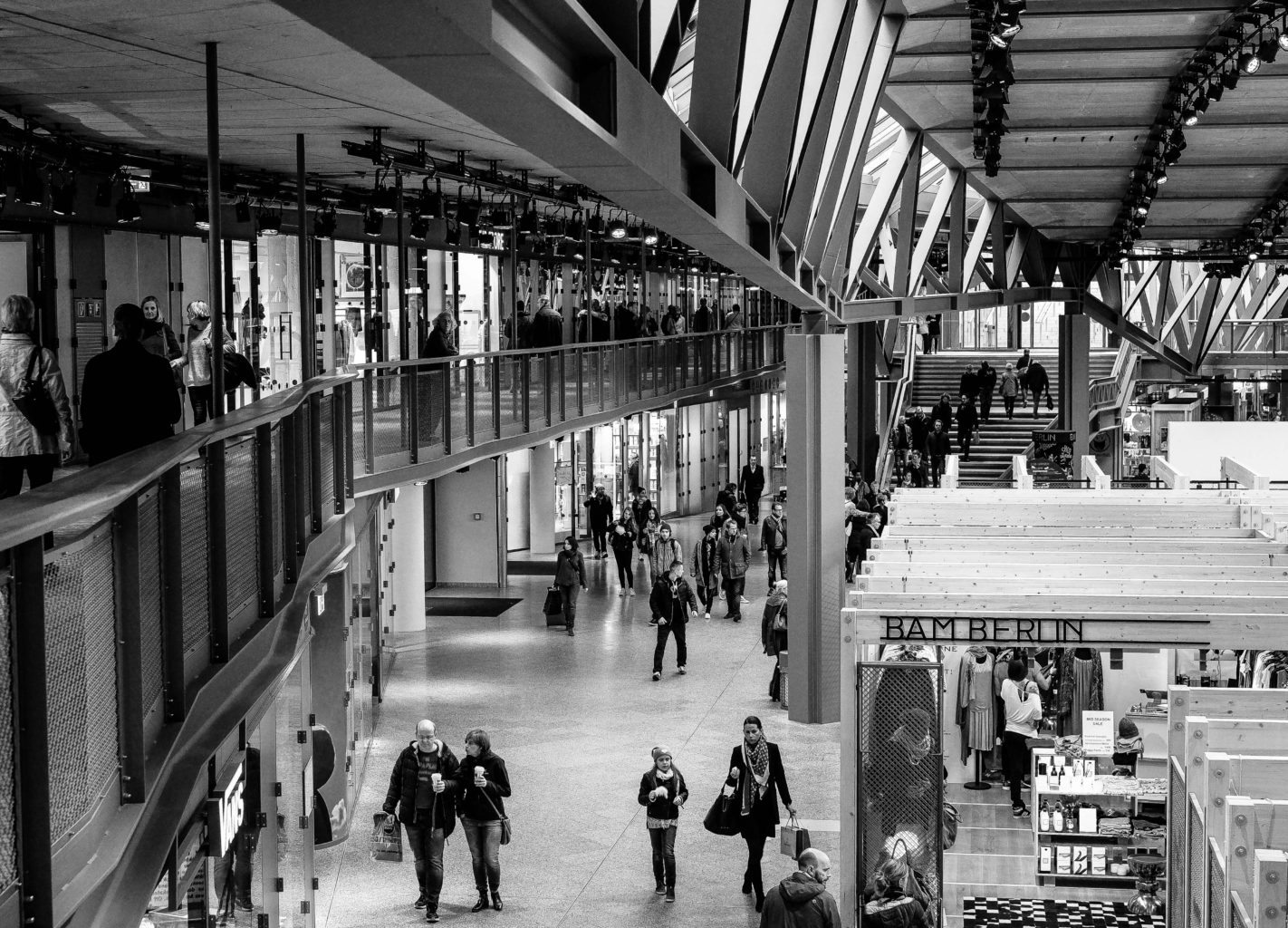Hey, big spender
Ever fancy some retail therapy? Armani Syed tells us how she realised that her shopping habit had become an addiction…
Anyone who has known me for longer than half an hour will be able to confirm that I like to shop – love to shop, in fact – but what most people don’t realise is that I need to shop. I’m not talking about those random ASOS spending marathons that we all engage in when the student loan finally comes in; I’m talking about the daily irrational purchases I convince myself I need in order to feel better about the current state of my affairs.
I’m talking about the time I spent £46 on a variety of patterned socks during a period of family drama, or the solar-powered Einstein figurine I bought for £30 following a particular episode of high anxiety. The common saying ‘he could sell ice to an Eskimo’ comes to mind here, but in my case I am that Eskimo, buying ice because the label said it was genuine, organic, vegan and handcrafted and, better yet, was on sale at half the price.
When it comes to ‘retail therapy’, I’m not entirely sure where the stereotypes of women lusting after discounted Louboutin’s and fighting each other during Boxing Day sales even come from. When I try to discuss this sort of reckless behaviour, I am met with one of two common responses; either from other women who tend to laugh and say something along the lines of “we’ve all been there eh?” accompanied by a wink wink, nudge nudge, or, most commonly from men, who ask “what is it with women and shopping?” When my addictive behaviour is categorised as an innate, gendered attribute of femaleness it becomes easy to forget that it’s a problem and I freely continue to splurge on Yankee candles, that I probably won’t use, in blissful ignorance.
Recently, I received a call from NatWest requesting that I confirm whether some unusual transactions on my account were made by me. My embarrassment grew as this customer service assistant tried, and failed, to disguise the tone of judgement in her voice as I confirmed that no identity fraud had occurred – all of the strange purchases were, in fact, mine. It was then that I began to evaluate my obsession with buying new things.
What I’ve determined is that there’s no one key cause to my spending – and perhaps that’s the problem. Shopping has become my go to solution for just about any hardship: university stress, health problems, family drama; you name it and I have the souvenir to prove that it happened. I suppose owning an abundance of nice things makes me feel slightly more fortunate in a life laden with unfortunate events, because, if there is no silver lining, then I’ll just have to buy one.
It’s at this point I began to identify spending habits as more than just a conversational joke among friends, but rather an addiction. I’ve come to realise that I have immersed myself in a very particular cycle. When I shop, for a brief moment in time, I feel good, but when this feeling of contentment wears off, as it always will with any temporary coping mechanism, I am reminded that my circumstances haven’t changed and, in order to get that feeling back, I have to shop again. Although it almost seems humorous to liken something so seemingly light-hearted to the severity of more socially-recognised addictions, I have to acknowledge that there is a dependency that I would find very difficult to wean myself off of. I suppose, by definition, I’ve got to admit that I might have a shopping addiction.

Comments